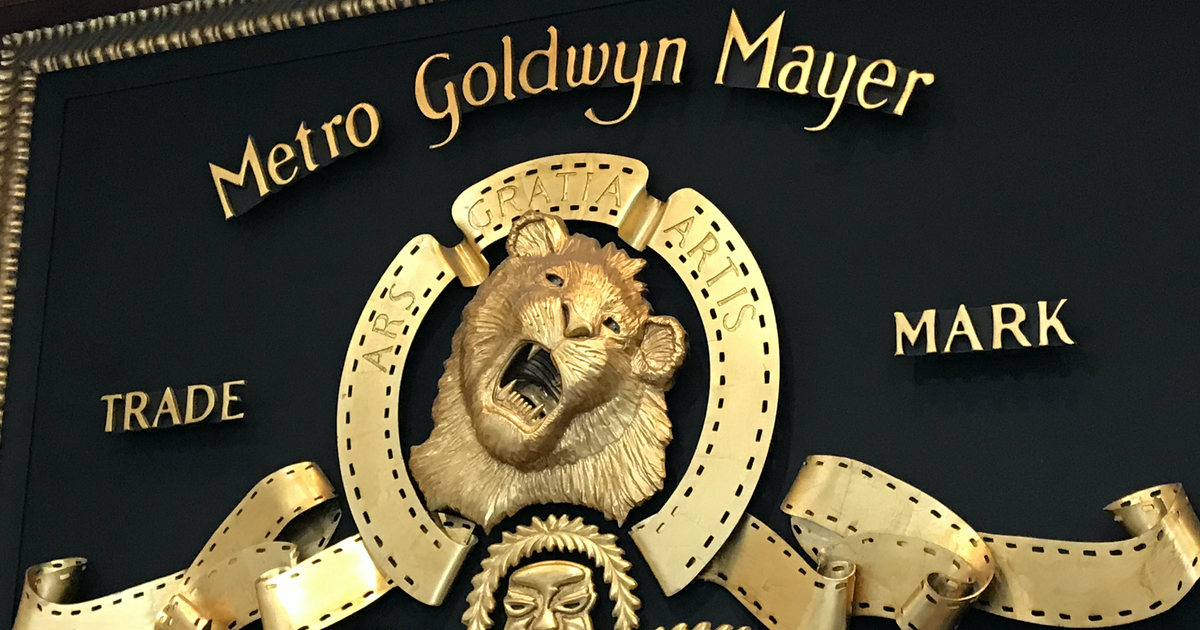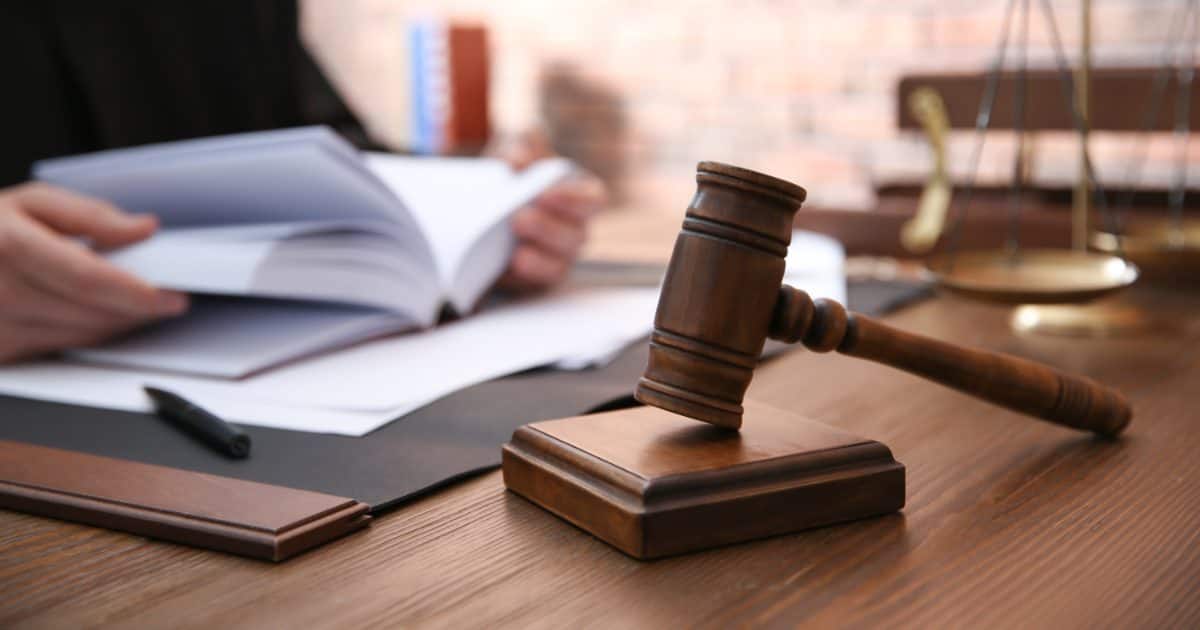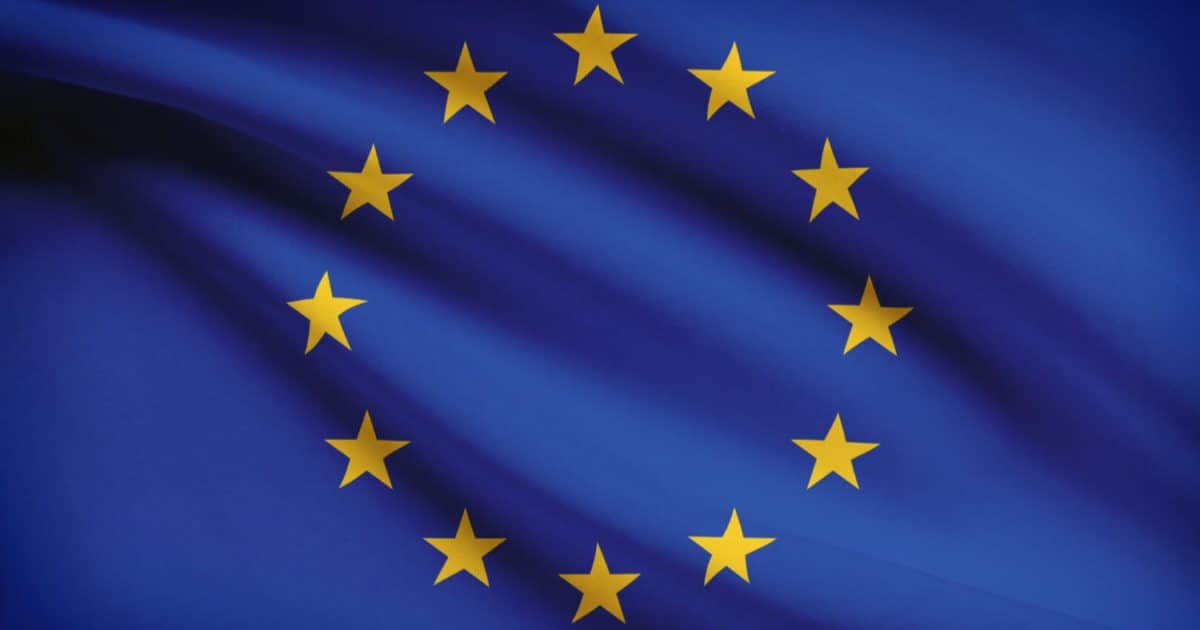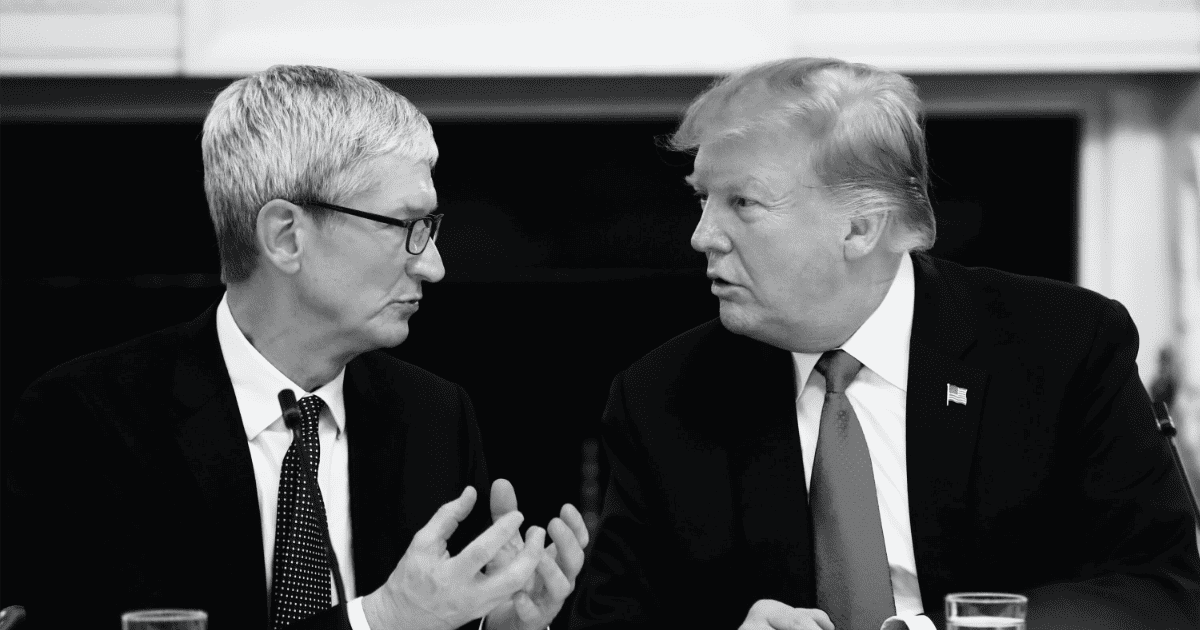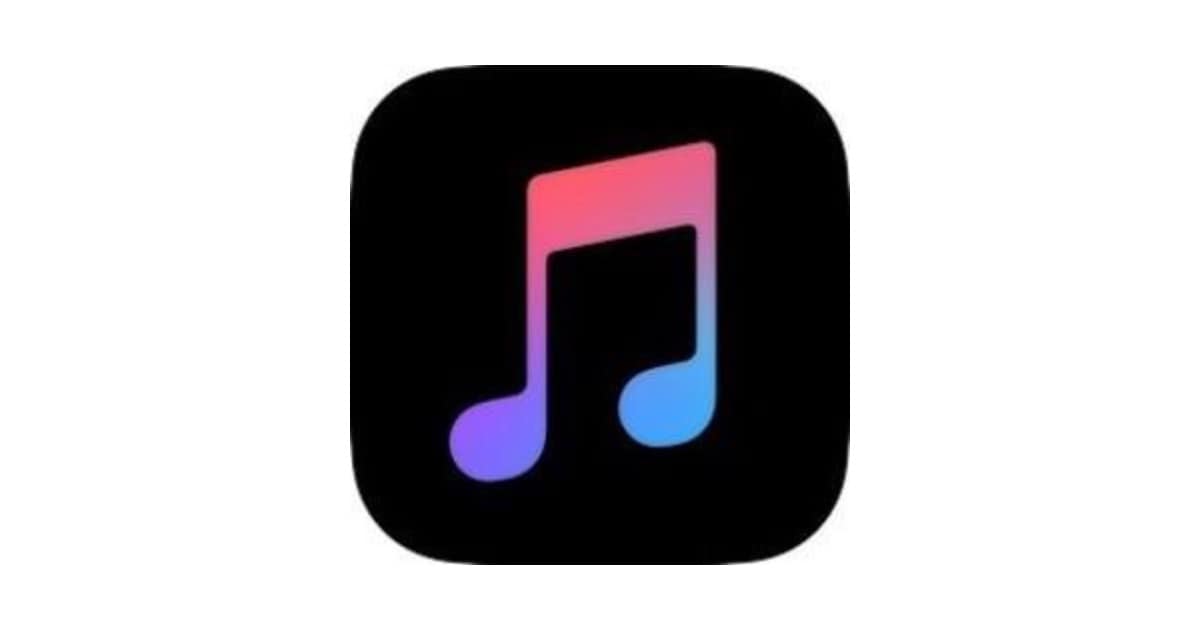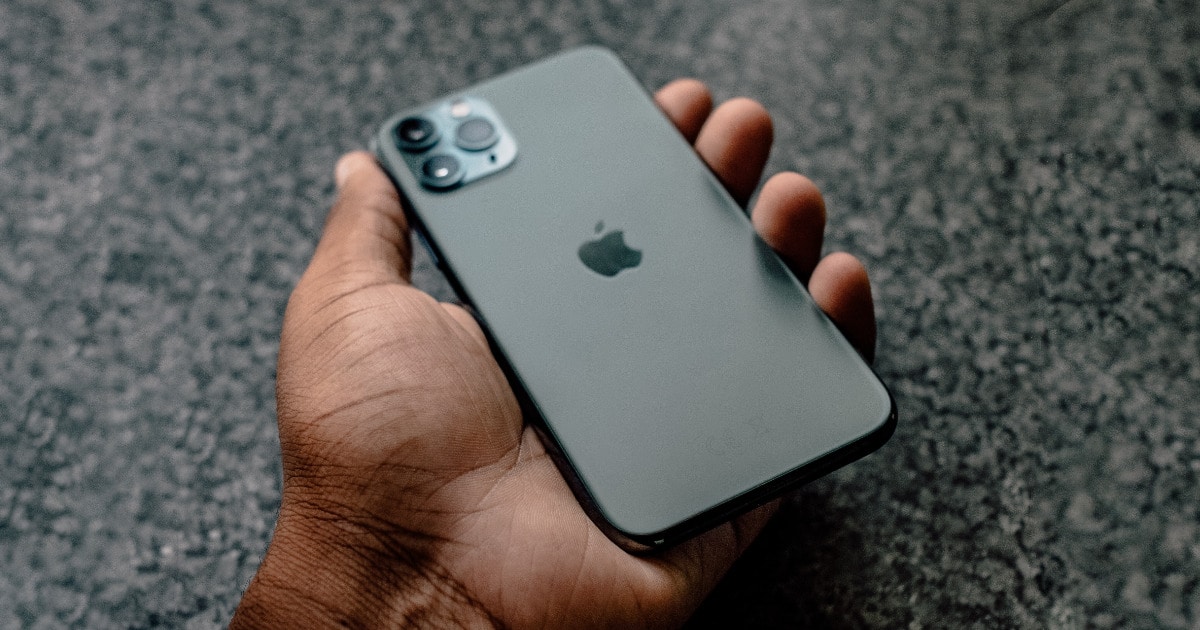John Martellaro joins host Kelly Guimont to discuss Apple’s next moves regarding gathering thousands of people in San Jose (for WWDC) or not, and manufacturing logistics vs the current state of affairs.
Apple
First Apple Store to Launch in India in 2021, Online Store Will Launch This Year
CUPERTINO – Apple CEO Tim Cook announced his company would open its first physical Apple Store in India in 2021, and that the company would launch its own online store later in 2020.
How Apple Caused Chaos At Facebook HQ
Apple plunged Facebook into chaos when it pulled enterprise certificate, taking its internal apps offline for a period.
Apple’s “Secret” Monopoly
Will Oremus wrote an essay on Medium in which he argues that Apple is a monopoly, specifically when it comes to the App Store. I think a few good arguments could be made in support of this accusation. But my opinion lies with this quote:
Apple’s platform is significantly less open than Google’s: Unlike its rival, Apple doesn’t allow any app stores on the iPhone other than its own, and it doesn’t allow users to “sideload” apps downloaded from the web or elsewhere. The company says its goal is to ensure users can trust every app they download; allowing unapproved apps could expose users to privacy violations or malware.
The App Store isn’t perfect, but I believe it contains far fewer malware than Google’s Play Store. Apple’s restrictions also make it better for privacy, and thus better for people. I think price is a better argument than the walled garden. Or, I at least have more sympathy for indie developers rather than billion-dollar competitors to Apple.
Podcasts From Apple...by Apple? – TMO Daily Observations 2020-02-17
Charlotte Henry and Dave Hamilton join host Kelly Guimont to discuss Apple’s role in podcasts, and how it could (or should) change over time.
AI vs. Machine Learning, Thoughts on Our New Macs, Oak Island - ACM 525
Bryan Chaffin and John Kheit discuss the difference between artificial intelligence (AI) and machine learning, including the state of both today. They also talk about their new Macs— John got a new 28-core Mac Pro, while Bryan has a new iMac—and whether or not they like their new purchases. The cap the show by catching up on The Curse of Oak Island TV show on History.
Apple’s Commitment to Privacy is Going Down the Drain
Vicki Boykis wrote yesterday about Apple’s privacy, current flaws, and how the company should do better (I agree!)
So, here we are, in 2020, with Apple in a bit of a pickle. It’s becoming so big that it’s not prioritizing security. At the same time, it needs to advertise privacy as a key differentiator as consumer tastes change. And, at the same time, it’s about to get canclled [sic] by the FBI, China, and Russia.
And while it’s thinking over all of these things, it’s royally screwing over the consumer who came in search of a respite from being tracked.
EU Lawmakers Push For Common Mobile Charger
Members of the European Parliament overwhelmingly backed a resolution calling for a common charger standard in Europe.
Apple Earnings Analysis – TMO Daily Observations 2020-01-29
John Martellaro and Bryan Chaffin join host Kelly Guimont to discuss Apple’s “December quarter” earnings report and conference call.
AAPL Reports Record Q1 Revenue of $91.8 Billion and Record Q1 EPS of $4.99 [Update]
Apple reported a record December quarter — the company’s fiscal first quarter — with revenues of $91.8 billion and earnings per share (EPS) of $4.99, both all-time records. [Updated with more details, including guidance, category sales, and Wall Street expections.]
MGM Held Preliminary Talks With Apple About a Possible Acquisition
Both Apple and Netflix are understood to have held preliminary talks with MGM about potentially acquiring the media firm.
Changing Apple Hiring, More Phone Hack Info – TMO Daily Observations 2020-01-27
Charlotte Henry and John Martellaro join host Kelly Guimont to discuss Apple’s new hiring page and the new info about Jeff Bezos’ iPhone.
Apple Told to Pay WiLAN $85 Million After Losing Patent Infringement Case
Apple has been told to pay $85 million to QuarterHill subsidiary WiLAN for patent infringement, a reduction on a previously ordered amount.
The ‘Cult’ of Apple, Ranking No. 6 on an Evil List
Writing for Slate, Cory Doctorow criticizes Apple, calling its customers a cult and Apple a monopoly. I don’t plan to pick apart his article and defend Apple, but I do particularly disagree with this quote:
When it comes to Apple, even if you’re paying for the product, you’re still the product: sold to app programmers as a captive market, or gouged on parts and service by official Apple depots.
I guess consumers can’t do anything right. Not only are we a cult, but we don’t even have the power of the free market, instead we’re “sold” to developers.
Apple Calls on EU to Stop Patent Trolls
Apple, working alongside Microsoft, BMW, and others, has urged EU Commissioner Thierry Breton to take action against patent trolls.
President Trump Criticizes Apple's Refusal to Unlock iPhones
President Trump said Apple should break its encryption and allow authorities access to devices as it has received his support over trade.
Reality Converter App, Online Scam Avoidance – TMO Daily Observations 2020-01-14
Bryan Chaffin and Andrew Orr join host Kelly Guimont to discuss Battery Case Replacements, the AR Converter app, and avoiding online scams.
Cable Haunt, iPod Timeline – TMO Daily Observations 2020-01-13
Charlotte Henry and Dave Hamilton join host Kelly Guimont to discuss the Cable Haunt malware, and the (rapid) iPod development timeline.
Apple At CES, New TV+ Shows – TMO Daily Observations 2020-01-09
John Martellaro and Charlotte Henry join host Kelly Guimont to discuss Apple’s (lack of) presence at CES, and the new wave of TV+ content.
Apple Files Trademark for Dark Mode Icons
Apple filed a trademark today that shows a Dark Mode version of the Apple Music icon. It’s possible they could appear in iOS 14.
Over 90% of Postpaid Phones Sold are Apple and Samsung
Over 90% of the postpaid phones sold at the Big Four carrier stores in the U.S. are either iPhones or Samsung phones.
Apple and Samsung together sold 94 percent of phones at Verizon stores, 95 percent at AT&T stores, 94 percent at Sprint stores, and 91 percent at T-Mobile stores, according to the report. The most popular phone at all four carriers in December was the iPhone 11, the firm says. The top-selling Samsung Phone was the Galaxy S10.
I’d say it’s probably because the price of most iPhones and Samsungs are high enough to where the stores can make money off them.
Corellium and Apple Escalate Legal Fight
The legal battle between Apple and mobile device virtualization creator Corellium escalated over the festive period.
Imagination and Apple Sign Updated Licensing Agreement
Apple signed an upgraded multi-year, multi-use license agreement with UK-based silicon and software IP creator Imagination Technologies.
A Decade of Apple Stories – TMO Daily Observations 2019-12-30
Charlotte Henry and John Martellaro join host Kelly Guimont to look back at the previous decade of Apple news and notable events.

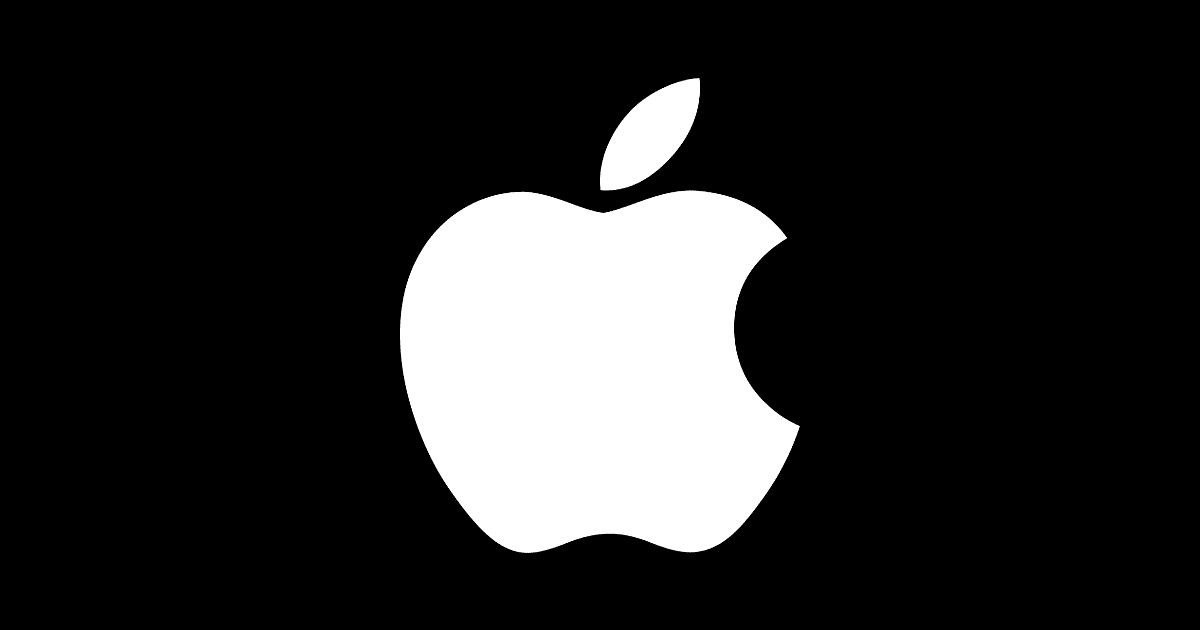
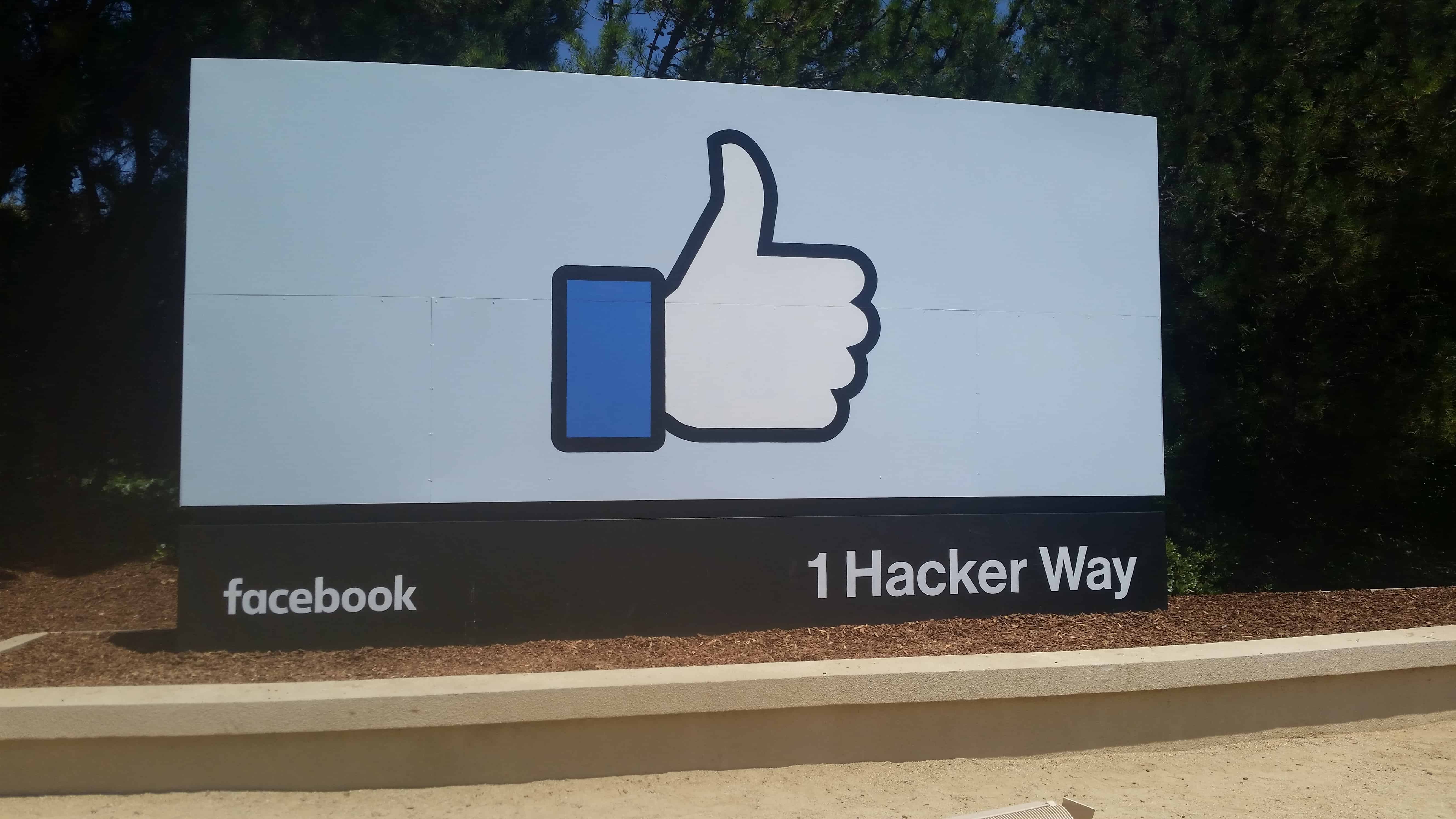

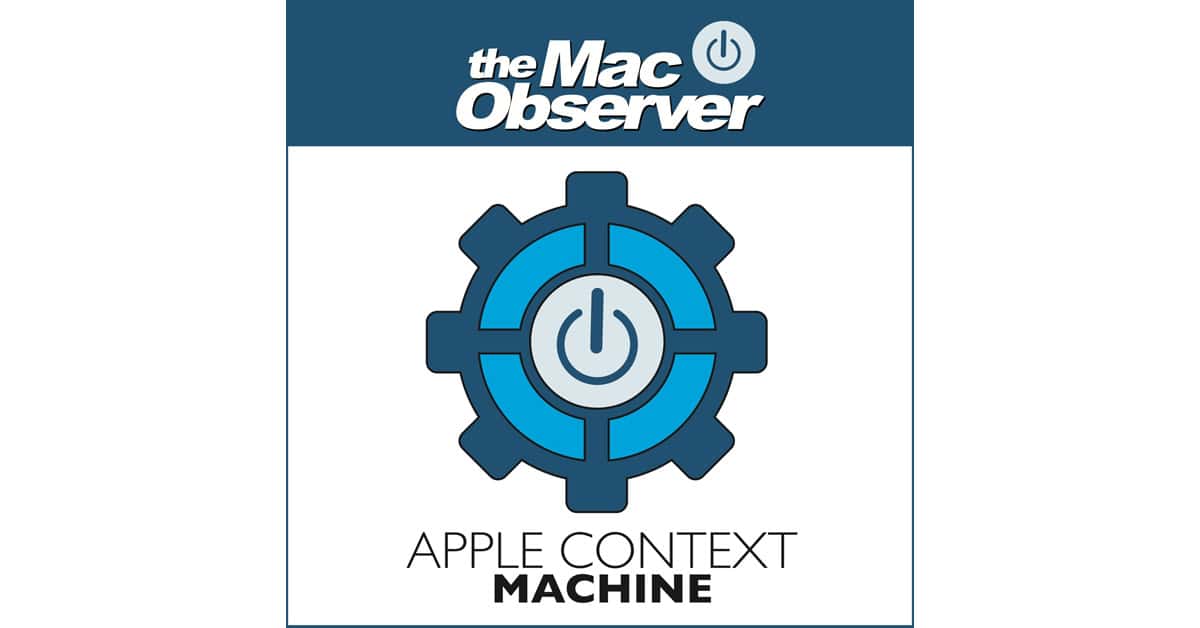

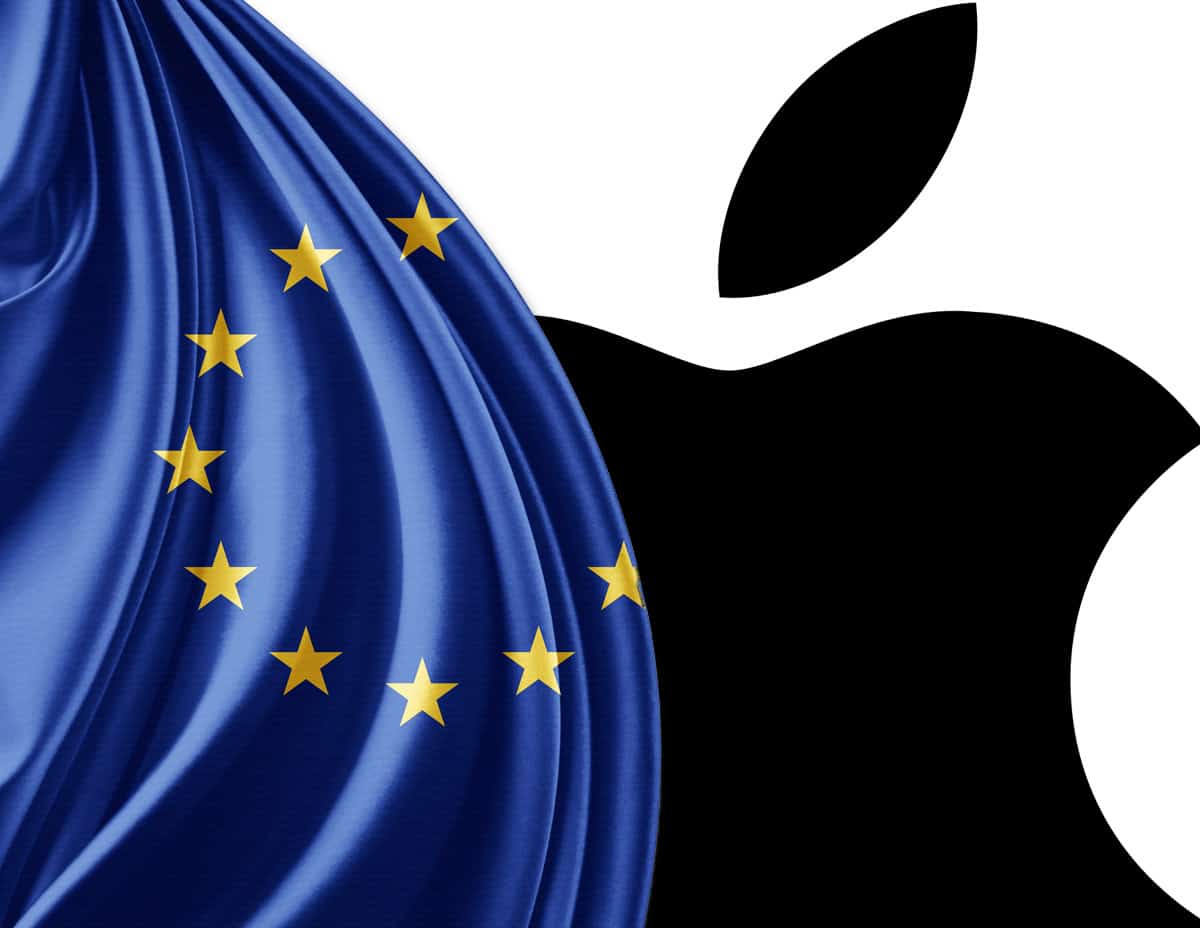
![AAPL Reports Record Q1 Revenue of $91.8 Billion and Record Q1 EPS of $4.99 [Update]](https://www.macobserver.com/wp-content/uploads/2016/06/apple-money-pile.jpg)
